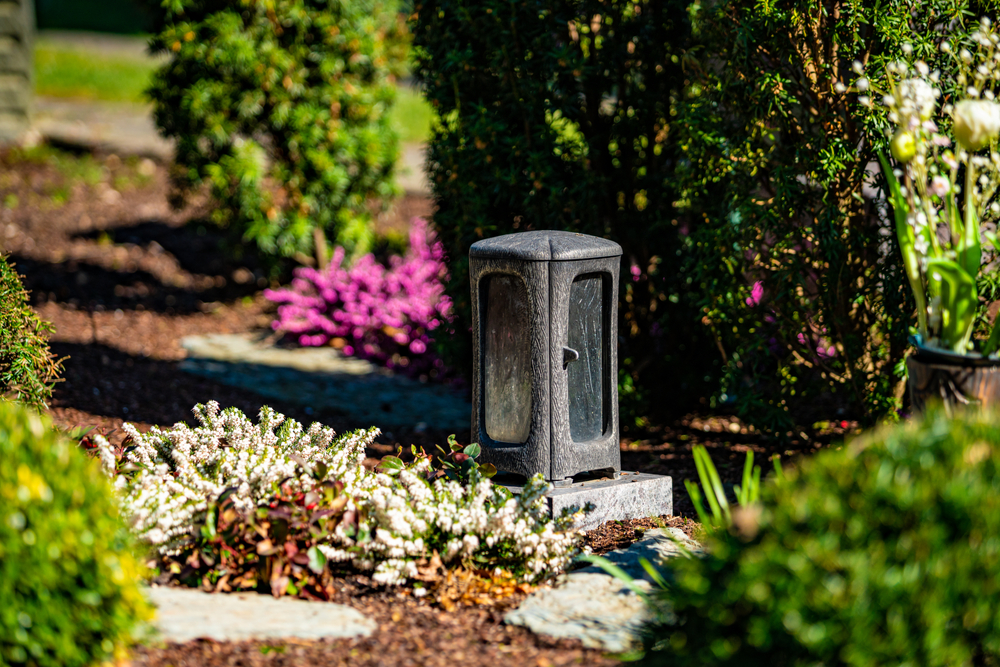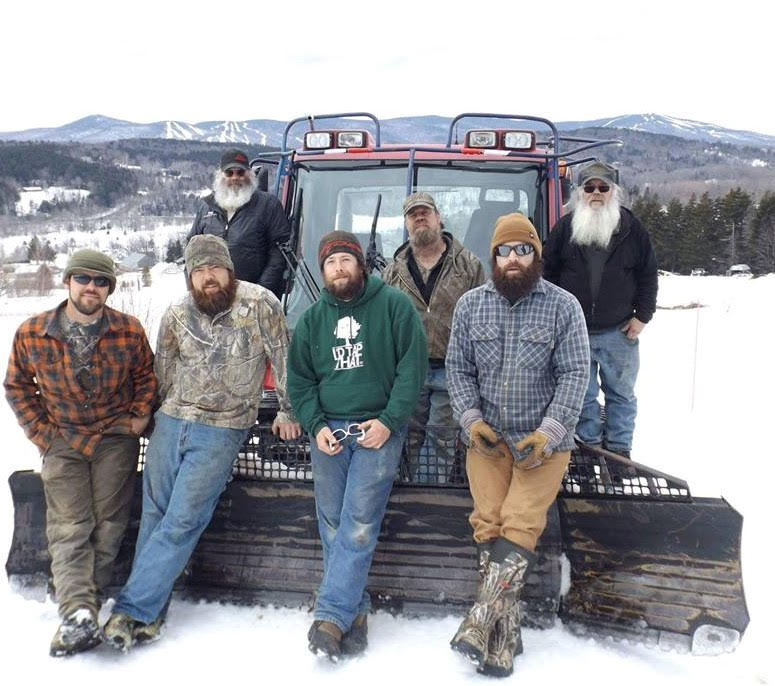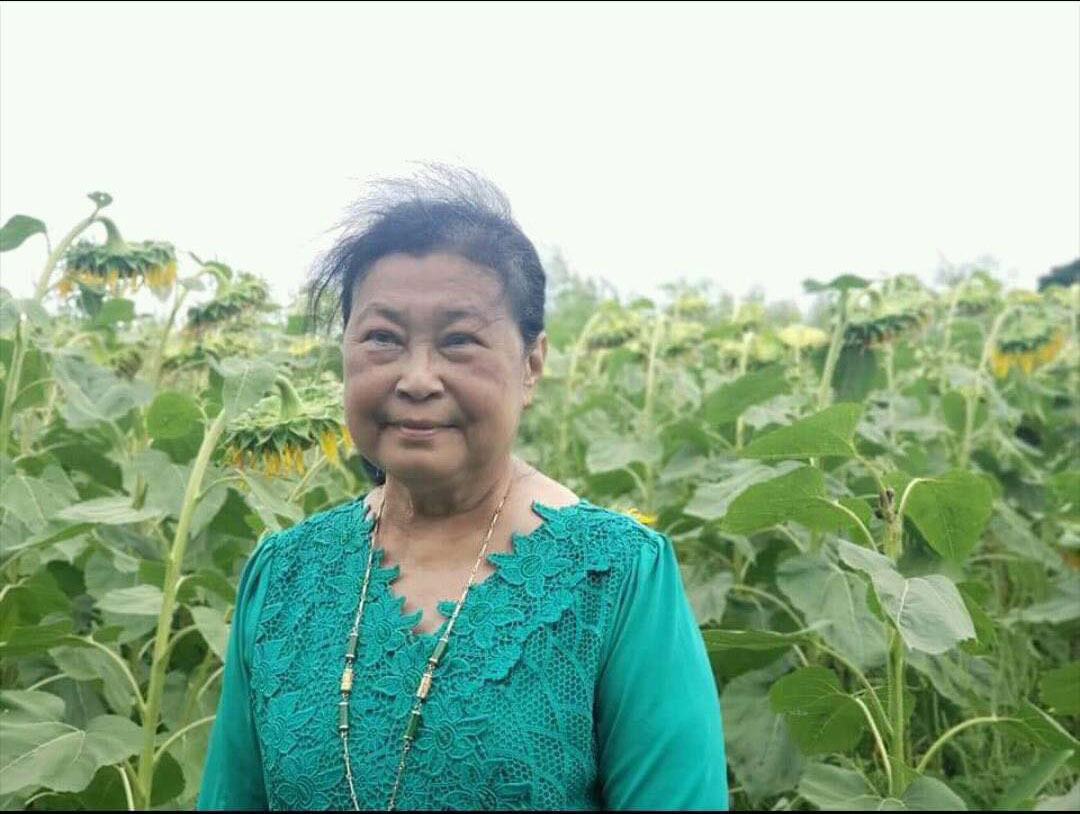Remembering the Food Workers We’ve Lost to COVID-19 Part 5
The fifth part in a series honoring the food and agriculture workers who lost their lives to the virus.
Remembering the Food Workers We’ve Lost to COVID-19 Part 5
The fifth part in a series honoring the food and agriculture workers who lost their lives to the virus.

The cost of COVID-19. by Ewa Studio/Shutterstock
The COVID-19 pandemic has taken an incalculable toll on the food industry workers of America, from restaurant servers and meat plant workers to the farmworkers who toil in fields. According to research from the University of California, San Francisco, food industry workers’ risk of dying went up by 40 percent from March to October 2020. For Latinx workers, deaths increased by 60 percent in the sector.
In this six-part series, we’re honoring the lives of those we have lost to COVID-19. This week, we have tributes to twin brothers who were deeply connected to their family farm, a meatpacking plant worker who brought her family to America to give them a better life and an entrepreneurial Peruvian restaurant owner.

Two of six children, twin brothers Leon and Cleon Boyd grew up on Boyd Family Farm in Wilmington, Vermont. All the siblings cherished their agricultural roots, but the twins were especially tied to the land.
“They had always been together,” says their sister-in-law Janet Boyd, who is married to the twins’ younger brother Bucky. “They grew up on the farm, and never lived away from it too long.”
Cleon enjoyed the late-night work of grooming ski trails at Mount Snow, while Leon worked at Haystack Mountain nearby. The twins also still helped out at the family farm, run by Bucky, where they’d mow the blueberry fields and assist during sugaring season.
The twins loved to play country music with their extended families, which they’d often perform at weddings and other events. “The twins harmonized really well,” says Janet.
Last March, when the pandemic shut down the nearby ski mountains where they groomed trails during the winter season, Leon and Cleon retreated to the family farm. There, they got to work in the sugarhouse, helping to make syrup. Nobody knew that someone in the family had already contracted COVID-19.
The twins were among more than a dozen members of the Boyd family to get sick, and they were among the first Vermonters to show symptoms of the virus. Cleon entered the hospital first, and Leon followed him a few days later, where they were each eventually put on ventilators.
Cleon, who was born a few minutes before his twin brother, died on April 3. Six days later, on April 9, Leon followed. The rest of the family recovered from the virus.
The twin brothers are buried together on the hillside farm, where the ski mountains at which they worked look over the family cemetery.

Tin Aye was always looking out for others. Originally from Burma (Myanmar), Aye worked for Karen Women’s Organization and the Burmese Women’s Union to advocate for human and womens rights. “She was a super woman,” says her daughter San Twin.
Aye left Burma with the aim of giving her children access to a better education and more opportunities. In 2012, she and her family immigrated to the US from a refugee camp in Thailand. The family settled in Colorado, where Aye found a job working on the meatpacking line at a JBS plant in Greeley. “She was hard working and almost never missed work,” says Twin.
Sometime in March, Aye contracted COVID-19. Her family believes she got sick at work. The world’s biggest meatpacker, JBS did not offer masks or personal protective equipment to its employees, and it didn’t enforce social distancing guidelines until April 13. Nearly 300 workers at the Greely plant, including Aye, were infected by the coronavirus.
She was admitted to the hospital on March 29, 2020. One day prior, Aye’s daughter had given birth to a baby boy. She never got to meet or see her grandson. After spending 58 days in the ICU, Aye died on May 17, at the age of 60.
More than a year later, Aye’s family is still mourning the loss of their matriarch, who enjoyed gardening, hiking in Rocky Mountain National Park and cooking for her loved ones. This weekend, they will honor her memory during a celebration of life ceremony.
“My heart is broken in too many pieces,” says Twin. “My mom, she will always be in our hearts, thoughts and everywhere we go.”

Despite being Greek, Philip Sardelis was determined to open a restaurant that served the bold Peruvian flavors that he loved. He and his cousin (also named Philip Sardelis) opened their first Sardi’s Chicken, a Peruvian chicken restaurant, in Beltsville, Maryland in 2008.
The eatery is known for its pollo a la brasa, a type of blackened rotisserie chicken that was created in Lima in the 1950s. One of Sardelis’ proudest moments was being chosen as a premier caterer for Barack Obama’s inaugural ball.
Despite the pandemic shuttering restaurant doors across the country, Sardi’s Chicken persevered. “We were able to survive this,” says his widow Lissette Sardelis. “We shifted a lot, but because the restaurants are mostly fast-casual, it was easier to adjust.”
Since opening their first location nearly 13 years ago, the cousins grew the restaurant’s reach. There are now 15 other Sardi’s Chickens in Maryland, Pennsylvania and Virginia, and another one is on the way.
Sardelis contracted COVID-19 in March, before he had a chance to get vaccinated. “I never got the chance to ask him where he caught it,” says Lissette. He was intubated on March 19, a week before his vaccine appointment. On April 24, he died at the age of 48. He leaves behind his wife and four children.
Lissette hopes his story will bring awareness to the fact that the virus is still a threat. “The virus is a threat to the whole food industry. It’s the one that’s been hit the most,” she says. “I know they said there’s now a high survival rate, like 97 percent, but the other three percent that didn’t make it… they also matter.”
Follow us

This work is licensed under a Creative Commons Attribution-NoDerivatives 4.0 International License.
Want to republish a Modern Farmer story?
We are happy for Modern Farmer stories to be shared, and encourage you to republish our articles for your audience. When doing so, we ask that you follow these guidelines:
Please credit us and our writers
For the author byline, please use “Author Name, Modern Farmer.” At the top of our stories, if on the web, please include this text and link: “This story was originally published by Modern Farmer.”
Please make sure to include a link back to either our home page or the article URL.
At the bottom of the story, please include the following text:
“Modern Farmer is a nonprofit initiative dedicated to raising awareness and catalyzing action at the intersection of food, agriculture, and society. Read more at <link>Modern Farmer</link>.”
Use our widget
We’d like to be able to track our stories, so we ask that if you republish our content, you do so using our widget (located on the left hand side of the article). The HTML code has a built-in tracker that tells us the data and domain where the story was published, as well as view counts.
Check the image requirements
It’s your responsibility to confirm you're licensed to republish images in our articles. Some images, such as those from commercial providers, don't allow their images to be republished without permission or payment. Copyright terms are generally listed in the image caption and attribution. You are welcome to omit our images or substitute with your own. Charts and interactive graphics follow the same rules.
Don’t change too much. Or, ask us first.
Articles must be republished in their entirety. It’s okay to change references to time (“today” to “yesterday”) or location (“Iowa City, IA” to “here”). But please keep everything else the same.
If you feel strongly that a more material edit needs to be made, get in touch with us at [email protected]. We’re happy to discuss it with the original author, but we must have prior approval for changes before publication.
Special cases
Extracts. You may run the first few lines or paragraphs of the article and then say: “Read the full article at Modern Farmer” with a link back to the original article.
Quotes. You may quote authors provided you include a link back to the article URL.
Translations. These require writer approval. To inquire about translation of a Modern Farmer article, contact us at [email protected]
Signed consent / copyright release forms. These are not required, provided you are following these guidelines.
Print. Articles can be republished in print under these same rules, with the exception that you do not need to include the links.
Tag us
When sharing the story on social media, please tag us using the following: - Twitter (@ModFarm) - Facebook (@ModernFarmerMedia) - Instagram (@modfarm)
Use our content respectfully
Modern Farmer is a nonprofit and as such we share our content for free and in good faith in order to reach new audiences. Respectfully,
No selling ads against our stories. It’s okay to put our stories on pages with ads.
Don’t republish our material wholesale, or automatically; you need to select stories to be republished individually.
You have no rights to sell, license, syndicate, or otherwise represent yourself as the authorized owner of our material to any third parties. This means that you cannot actively publish or submit our work for syndication to third party platforms or apps like Apple News or Google News. We understand that publishers cannot fully control when certain third parties automatically summarize or crawl content from publishers’ own sites.
Keep in touch
We want to hear from you if you love Modern Farmer content, have a collaboration idea, or anything else to share. As a nonprofit outlet, we work in service of our community and are always open to comments, feedback, and ideas. Contact us at [email protected].by Shelby Vittek, Modern Farmer
May 21, 2021
Modern Farmer Weekly
Solutions Hub
Innovations, ideas and inspiration. Actionable solutions for a resilient food system.
ExploreExplore other topics
Share With Us
We want to hear from Modern Farmer readers who have thoughtful commentary, actionable solutions, or helpful ideas to share.
SubmitNecessary cookies are absolutely essential for the website to function properly. This category only includes cookies that ensures basic functionalities and security features of the website. These cookies do not store any personal information.
Any cookies that may not be particularly necessary for the website to function and are used specifically to collect user personal data via analytics, ads, other embedded contents are termed as non-necessary cookies.
Very sad stories.